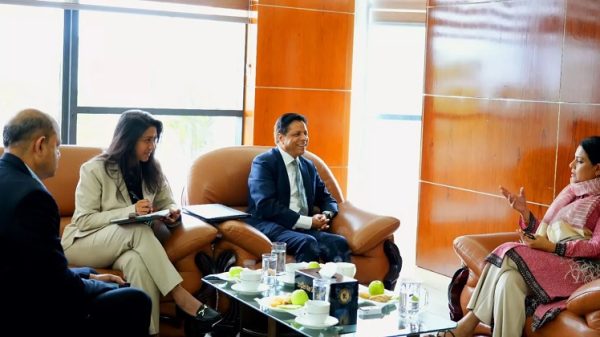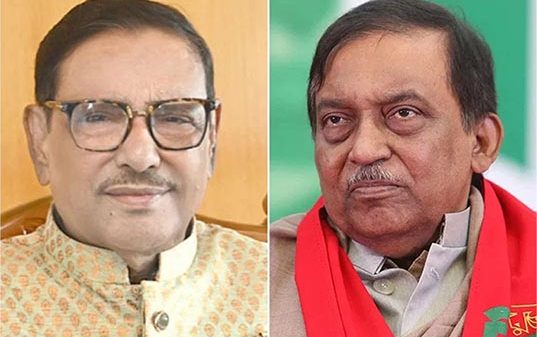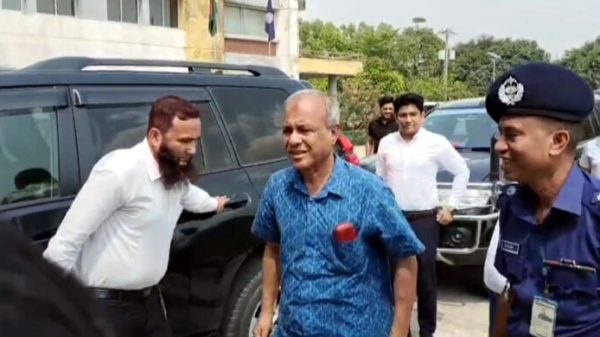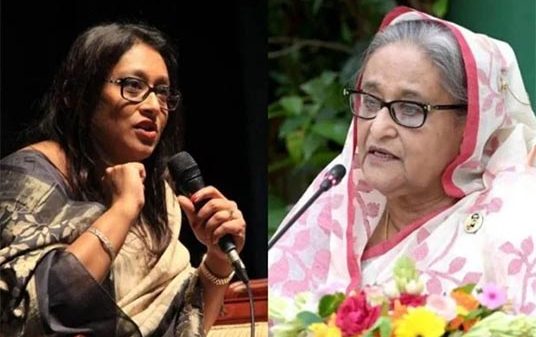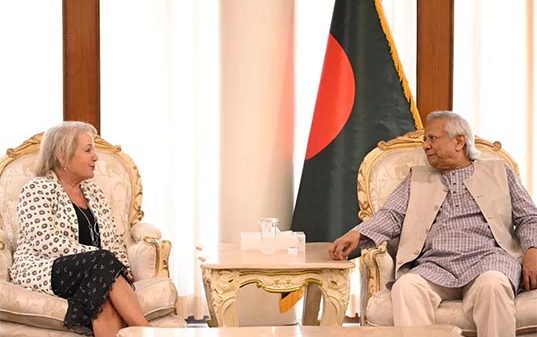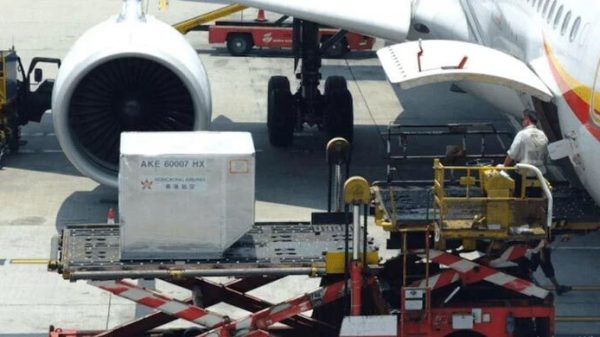CA urges Trump to delay tariff regime for 3 months

- Update Time : Monday, 7 April, 2025, 06:21 pm
- 17 Time View
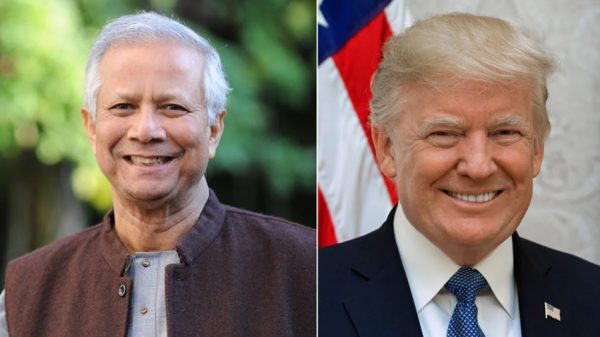
Online Desk : Chief Adviser Professor Muhammad Yunus has formally requested US President Donald Trump to delay the imposition of a 37 percent tariff on Bangladeshi exports to the US for three months, in an effort to allow the interim government time to implement significant trade reforms and boost US-Bangladesh trade relations. In a statement released by the Chief Adviser’s Press Wing on Monday, it was confirmed that Prof Yunus sent a personal letter to President Trump, urging a pause on the reciprocal tariff measures set to affect Bangladeshi goods. “We are the first country to take such a proactive initiative,” Prof Yunus stated in the letter, highlighting the visit of High Representative Dr Khalilur Rahman to Washington DC in February as a turning point in bilateral trade dialogue.
Since the February visit, Bangladesh and the US have been working closely to identify actionable steps to enhance trade, particularly through increased Bangladeshi imports of American agricultural products like cotton, wheat, corn, and soybean—a move that would directly benefit US farmers. Notably, Bangladesh is the first South Asian country to enter into a multi-year agreement to import US liquefied natural gas (LNG), further demonstrating its commitment to strengthening economic ties. Prof Yunus emphasized that Bangladesh maintains the lowest tariff on most US exports in the region and is working on further reductions for high-value US goods such as gas turbines, semiconductors, and medical equipment.
The Chief Adviser also announced a series of reforms designed to improve market access for US products, including, establishing duty-free bonded warehouses for US cotton, eliminating unnecessary testing requirements, streamlining packaging, labeling, and certification regulations, implementing customs and trade facilitation measures. “Bangladesh will take all necessary actions to fully support your trade agenda,” Prof Yunus assured President Trump in the letter.
The Commerce Advisor is expected to send a separate, detailed communication to the US Trade Representative (USTR) outlining these reforms. The request comes amid growing concern over the impact of the new US tariff regime, though Bangladesh Investment Development Authority (BIDA) chief Chowdhury Ashik Mahmud Bin Harun earlier stated that the tariff would have no negative impact and could potentially trigger positive reforms in the investment landscape.


